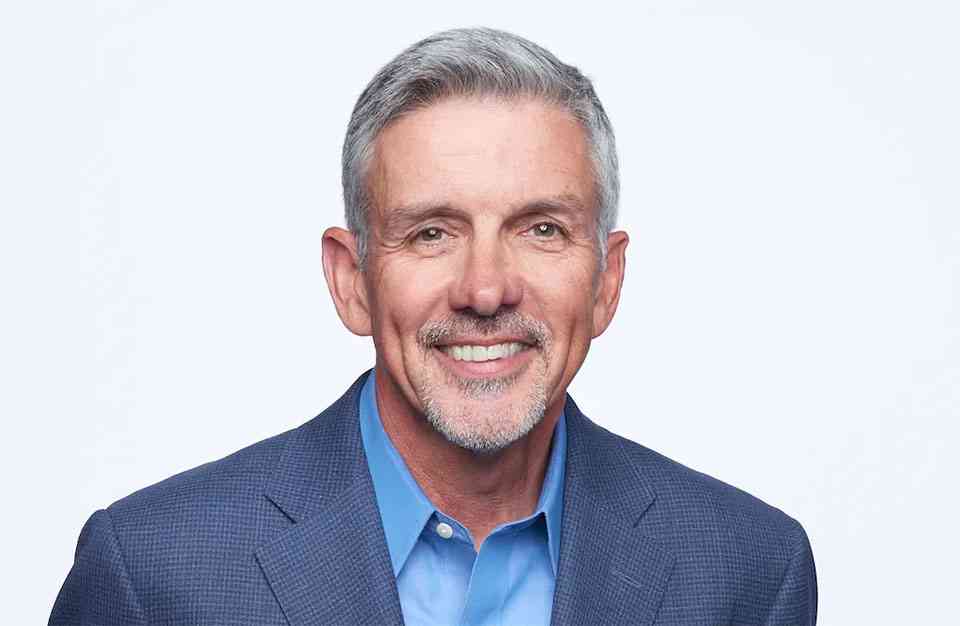Woulda, Shoulda, Coulda: Sharing Experiences and Giving Advice

CEO peer advisory groups and forums convene to help their members become better leaders and run healthier companies. The members engage in an active learning environment that prizes psychological safety and confidentiality so they can freely draw upon each other’s various perspectives and rich experiences. Sharing opportunities or challenges in an open forum is an act of generosity and courage, involving CEOs who realize that going it alone in today’s fast-changing world is not the best course of action. They need each other, and they know it. And everybody wins.
However, the way CEOs engage one another in that setting is among the most frequently discussed topics in this arena. For example, when it comes to members seeking the counsel of fellow members, many business peer group organizations have declared themselves to be out of the unsolicited advice-giving business. This declaration is understandable. There is a great deal of research regarding how such advice-giving can compromise psychological safety, close dialogue rather than open it, and place more attention on the person giving the advice than the one receiving it. Considering these (and other) points about the deleterious effects of unsolicited advice-giving in these forums, one would think everyone should get out of the “should-ing” business.
It’s Not About Advice; It’s About Control
I’ve worked with hundreds of peer advisory groups and forums. While I will fall short of advising those organizations that have declared themselves out of the business of giving advice, I will gladly share my experience. I have found that when CEO members are facing a difficult challenge they would like to bring before the group, they tend to fall into three buckets:
- A member who wants to be heard.
- A member who wants to know if anyone else has had a similar experience.
- A member who says, “Give me all the advice you got.”
The key is to put the member in control of what she needs from the group and for the group to honor that request. For example, the member who wants to be heard will openly share their challenge but is typically not ready to entertain a remedy – at least not yet. They are grateful for the opportunity to express themselves out loud to a group who can empathize with the situation. This verbal expression can be an essential first step toward acting at a future date. A month or two later, that member will often return to the group more mentally prepared to proactively deal with the situation.
The member who wants to know if anyone else has had a similar experience is looking for just that. A fundamental aspect of coaching is recognizing that the answer lies within us; it’s the coach’s job to help you apprehend it. Peers sharing experiences can be a powerful way to do that. Hearing the experiences of others allows the member to extract the correct answer from within and own the action steps rather than accept another person’s advice and hope it works.
For the member who says, “Give me all the advice you got.” The advice is no longer being offered as “unsolicited.” In this situation, though, the ground rules for advice-giving must be clear. For the recipient, she must recognize that the advice is being offered from a singular perspective based on an incomplete set of data. Think of it not as something you “should” do but what you “could” do. For the advice-giver, deliver your recommendations with that in mind. If the person doesn’t take your advice but accepts the advice of another member, that’s okay. It’s what was best for her. Declare victory together.
Summary
Rather than framing this debate in terms of sharing experiences versus offering unsolicited advice, I suggest thinking of it in terms of listening, sharing stories, and offering solicited advice based on the expressed wishes of the member. For those of you who believe people shouldn’t “should” other people, I get it. I don’t think offering advice in terms of what “I would do” or what “you should do” is advisable either. But rather than dismiss the value of providing advice altogether, consider engaging in the “coulding” business as long as the ground rules are clear and the member controls the narrative.
Written by Leo Bottary.
Have you read?
These Are The Most Secular Countries in the World, 2024.
Countries that Follow Sharia Law, 2024.
Religious Landscape: An Overview of Religion by Country, 2024.
Report: Countries with the Highest Teenage Pregnancy Rates, 2024.
Revealed: These Are The Countries with the Highest Rate of Diabetes, 2024.
Bring the best of the CEOWORLD magazine's global journalism to audiences in the United States and around the world. - Add CEOWORLD magazine to your Google News feed.
Follow CEOWORLD magazine headlines on: Google News, LinkedIn, Twitter, and Facebook.
Copyright 2025 The CEOWORLD magazine. All rights reserved. This material (and any extract from it) must not be copied, redistributed or placed on any website, without CEOWORLD magazine' prior written consent. For media queries, please contact: info@ceoworld.biz








